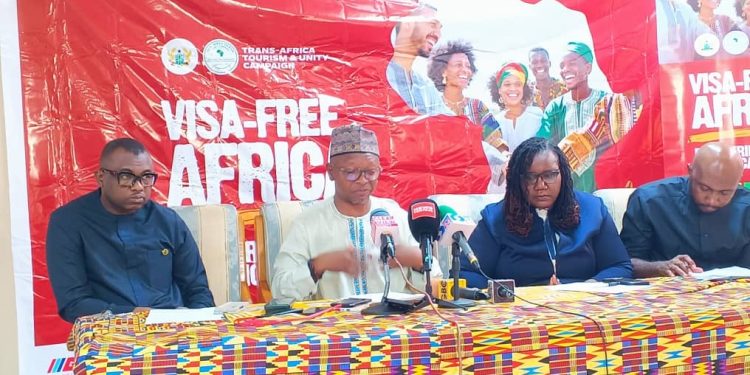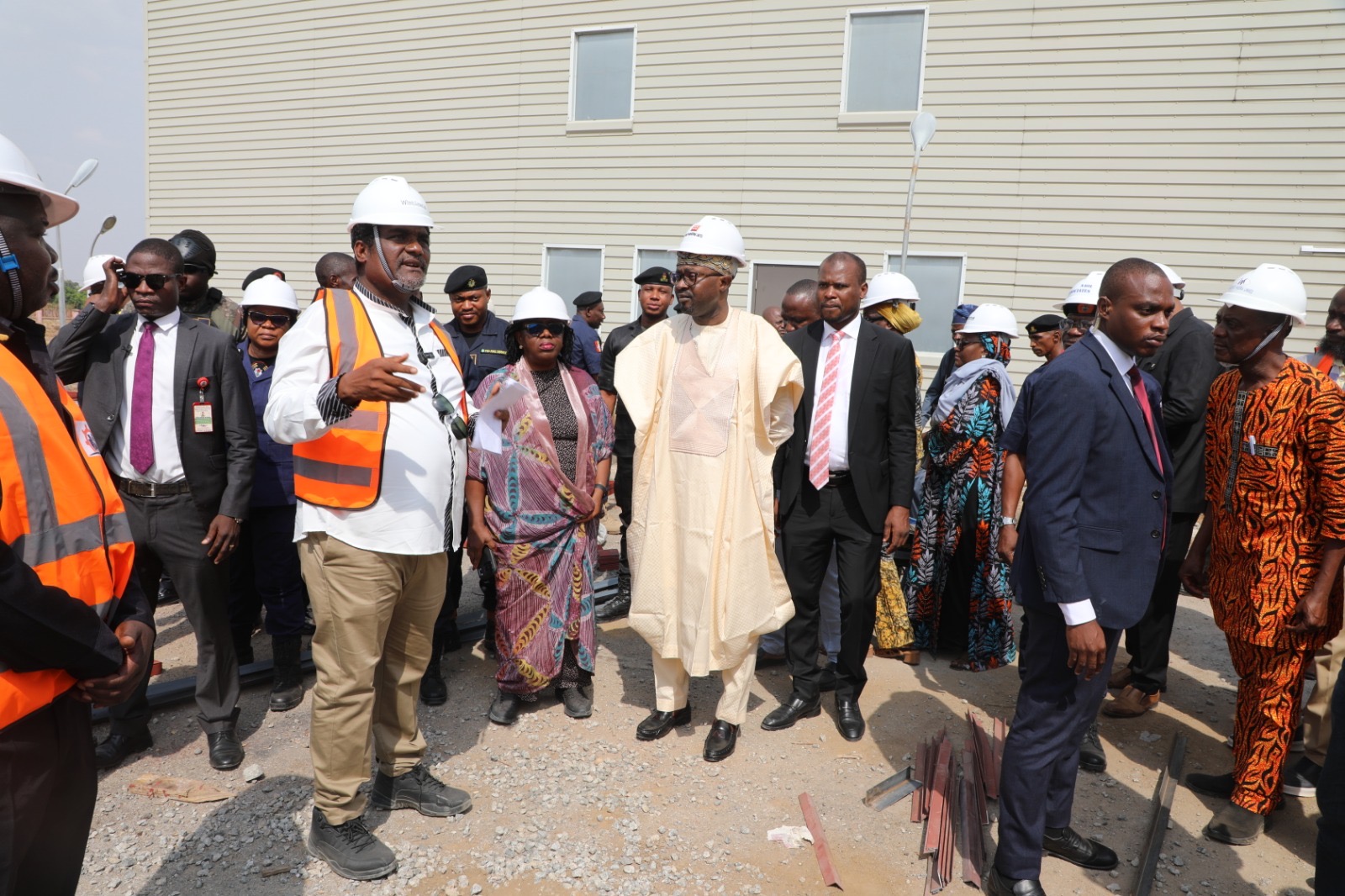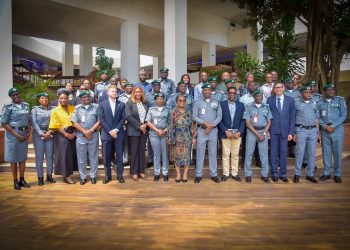By Mnena Iyorkegh, Abuja
The Trans-African Tourism and Unity Campaign has called for a visa-free policy across the continent, stressing that the move is vital to unlocking Africa’s economic potential, boosting intra-African trade, and deepening cultural integration.
Speaking at a Visa-Free Africa Press Conference in Abuja, the group’s leader, Mr. Ras Mubarak, described the continent’s current restrictive visa regimes as relics of colonial divisions that run contrary to the African Union’s Agenda 2063.
He urged Nigeria, as Africa’s largest economy, to lead the drive towards a borderless Africa.
“Our mission is clear: to dismantle visa barriers that fragment our continent, stifle tourism, and hinder the free movement of 1.4 billion Africans. We call on Nigeria to expand visa-on-arrival policies, simplify mobility protocols, and champion the AU’s Free Movement Protocol,” Mubarak said.
He lamented that it is often easier for Africans to obtain visas to Europe or Turkey than to travel within the continent, describing the situation as “a tragedy that undermines Africa’s growth prospects.”
Mubarak further emphasized the economic opportunities of an open-border Africa, noting that the continent’s 1.4 billion people and combined GDP of $3.4 trillion represent a massive market.
He maintained that freer movement would create jobs, drive tourism revenues, and strengthen mutual understanding among African nations.
Also speaking, Mr. Inusah Ziblim, Minister for Consular Affairs at the Ghana High Commission in Nigeria, highlighted the need to tackle the high cost of air travel within the continent.
He argued that visa-free travel, coupled with reduced taxes and fairer airline pricing, would make intra-African travel more affordable and sustainable.
“If governments reduce airport charges and airlines avoid exploiting monopolies on certain routes, costs will drop. Increased travel within the continent will, in turn, generate higher passenger volumes and make flights more viable for carriers,” Ziblim said.
He dismissed claims that open borders automatically heighten security risks, noting that available data does not support such fears.
The Trans-African Unity Campaign, which involves a 40,000-kilometer journey across 39 African countries, has so far covered 1,162 kilometers from Accra’s Black Star Square through Lomé, Cotonou, Lagos, and now Abuja.
















